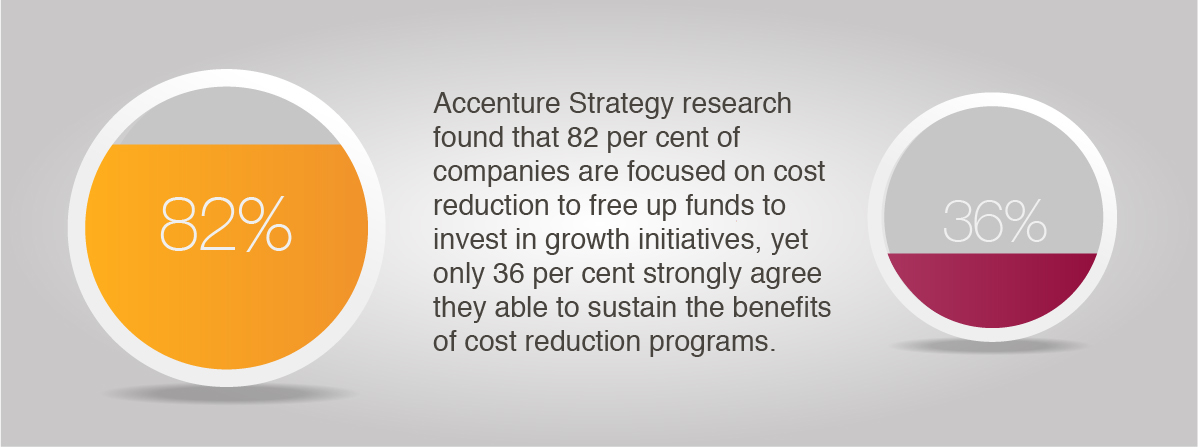The gap in effective leadership and business performance
In Australia today, we are facing a problematic gap in effective leadership and business performance. Across every industry, leaders who rise through the ranks are often promoted because they are good at performing specific tasks — not because they are skilled at engaging with and leading others.
In other words, leaders are selected for their technical capabilities rather than their emotional capabilities and ‘people skills’. This means that important ‘Emotional Intelligence skills’ such as self-awareness, resilience and empathy for others are being overlooked. Yet these Emotional Intelligence (EI) skills are integral to effective team management, productivity and performance.
While CEOs and managers may perceive the performance of their leaders to be high, employees can have a completely different experience. When leaders lack empathy and emotional awareness of others, they are much less likely to engage and instil trust in their teams. Leaders with high EI are motivated and empathetic role models who genuinely care about their people — and employees know the difference.
According to a recent Study of Australian Leadership (SAL) by the Centre for Workplace Leadership at the University of Melbourne, almost half of the 2,700 organisations surveyed didn’t meet their performance targets for return on investment and profitability. At the same time, for every $10 spent on senior leaders, only $1 was spent on lower level leaders.

Source: Study of Australian Leadership (SAL)
Organisations not investing enough in front line leadership
The case is clear: organisations aren’t directing ‘people dollars’ to where it matters most. The SAL found that organisations who provided leadership training for lower level managers, rather than senior executives, reported better performance outcomes.
That’s why CEOs need to drive a people-centric approach to performance, recruiting for and developing EI skills on the front line to enhance the customer experience, and to create a future leader pool for the organisation.
EI skills are fundamental to engaging meaningfully with others, both customers and employees. When front line people are engaged and emotionally aware, they are better equipped to enhance customer engagement and send customers away as raving fans. The customer experience matters because it is the key to building a loyal customer base and driving business growth.
In our 2016 ‘Heartonomics Report™: Accessing the Triple Bottom Line through Emotional Intelligence’, we found that front line employees with higher levels of EI foster better relationships with customers and colleagues in the workplace, take less unplanned leave, have higher productivity and stay for longer, becoming brand advocates for their organisations.
Reinforcing an already existing body of significant research, we found that leaders with high EI had more highly engaged teams who performed better, for the organisation and the customer.
Foster future leaders on the front line
By recruiting and training front line employees in key EI skills, CEOs and managers not only enhance customer experience and loyalty, but can create a talent pool and nurture the leaders of tomorrow. Highly engaged, emotionally intelligent leaders create engaged and emotionally intelligent teams, driving higher productivity and performance, as well as lower attrition and its associated costs. And it all starts on the front line.
Customer interactions can be emotionally demanding, requiring mental agility and strong emotional self-management. By recruiting for EI, front line employees are better equipped to ‘bounce back’ from challenging situations; key skills that leaders need to perform in today’s fast-paced, agile and competitive environment.
Developing EI and self-skills among your front line people invariably enhances both the customer experience and business performance. At the same time, harnessing EI on the front line fosters excellent future leaders — leaders who understand why they are part of an organisation, believe in what they do, and connect their people to purpose.







